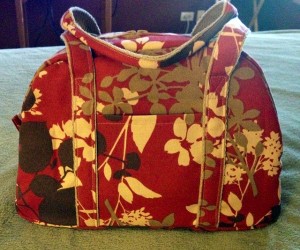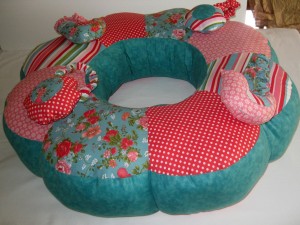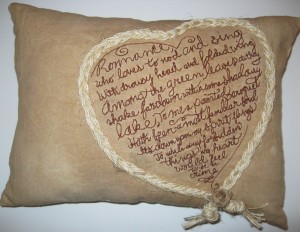Yesterday, on Facebook, I was disheartened to see two posts by deaf people lumping deaf people into a negative category. The first post said, “Supporting a deaf owned business is one thing and getting ripped off by one of your own is another thing. We need to ‘out’ those who take advantage of their own people and any other people.”
The other said “. . .hearing people won’t understand any Deafy English. That’s why we have to approach them properly after we write…and hire hearing editor to edit them out [italics added]…”
The second post was in reference to a letter sent by Alison Aubrecht, who is deaf, to Delta Airlines. This letter was put together by Alison and T.S. Writing Services — a company I own. All my writers and editors are deaf or hard of hearing. I’m not sure if the person posting this comment about hearing editors realized that the letter had been developed and edited by all deaf people — either way, her comment was audist.
As a business owner who is also deaf, I’m always frustrated when people say, and believe, bad service is a “deaf thing.” So many of us quickly badmouth deaf business owners or employees simply based on our experience(s) with them and/or what people say. Even I have been guilty of this. This may be in part due to our community’s close-knit nature and how everyone knows everyone. Yet, we must be careful. The more we badmouth other people and say that it’s “nothing new about deaf people doing this,” the more we shoot ourselves in the foot. If we tell the world that deaf people are not to be trusted, then how can we expect the world to trust us? We cannot proclaim that “deaf businesses and workers are rip-offs” and then expect the world to see us as the exception.
Ask deaf people to name other deaf people who are bad to work with or rip-offs, and you’ll get a list, especially those involved with the recent video relay service fraud mess. Yet the list of successful deaf business people and leaders is unquestionably longer. Besides, if you go online and do a search on bad business practices, I can guarantee—yes, guarantee—that there are millions of people who provide poor service…all hearing. Just search for reviews or referrals of mechanics, cleaning services, HVAC installers, electricians, plumbers, interpreters, technicians or any other professional.
This is why there are so many websites that seek to expose bad business practices through customer reviews and referrals: Angie’s List and Yelp are two examples. There are also television shows that capitalize upon bad business practices, such as HGTV’s “Holmes on Homes,” Food Network’s “Restaurant Impossible,” and Bravo TV’s “Tabatha Takes Over.” Each of these shows has a renowned expert go to the place of business and take care of messes either left by previous contractors or in place by current business owners. Each and every show tells the backstory, and to date, I haven’t seen a single deaf person on any of these shows. News shows like “Dateline NBC” and “20/20” have often gone undercover to expose poor business practices by different professions. Guess how many were deaf? Not one (although deaf individuals or businesses providing poor services certainly exist).
Bad businesses are not a deaf thing. Bad service delivery is not a deaf thing. Bad business practices are not a deaf thing. Nor are they a black thing, a female thing, a Jewish/Muslim/Mormon/Protestant/Catholic/religious thing, a male thing, a gay thing, a hearing thing, a whatever thing. Bad service, bad business and other bad things happen in every community.
We cannot keep killing our own opportunities by labeling our own people who are trying to earn livings—even if dishonestly. Rather, we must address people who have wronged us directly. If enough people have been ripped off by an individual, it will eventually get out. Complaints can be made to the appropriate entities, and perhaps that person will learn from the mistake—or not. It is your decision whether to patronize a business again or not. Do it based on work quality, customer service, and other factors—not based on cultural, racial, or other identities.
By saying that bad service is common among deaf people, we are doing a major, major disservice to ourselves and all the other honest, hard-working business owners and employees who are deaf. Let’s simply call it for what it is: bad business — with nothing else attached to it.


